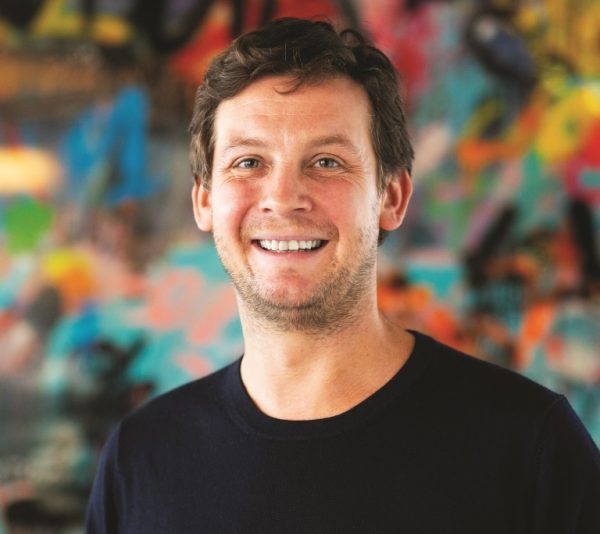
There is an ancient Sufi proverb that translates roughly as “there are no signs in the desert saying do not eat the stones”. Now, you might well be wondering why this digital essay is beginning with a millennium-old quote from the people that gave us the great romantic poet Rumi. And it’s not even that the sentence displays all the memorability and irreverence of a superstar copywriter. At its heart is a mantra that should be carved onto the office walls of any digital marketer worth their salt: “just
because you can doesn’t mean you should”.
What makes this mantra particularly relevant today is the all-pervasive and transformative – both positive and negative – impact of the algorithm on advertising. The effect on and benefits to daily life are abundant and obvious. However, in the rush to outsource our thinking to pieces of (often opaque) computer code, there are growing signs that we have been ignoring our own better judgement. Just consider the cost of both the pernicious, like Cambridge Analytica’s weaponisation of psychographic targeting, and the more prosaic, such as adland’s damaging focus on efficiency at the expense of effectiveness.
Buying algorithmically has allowed marketers to optimise on the whole range of different digital metrics in the pursuit of increased efficiency. But are we even optimising on the right KPIs? For a long time, the scourge of digital has been the desire to plan to what can be easily measured rather than that is right. The logical, yet often neglected, approach has always been to decide what is the best thing to do for your brand and only then work out how to measure it. This has now taken on another dimension as, today, cost optimisation is the goal when it should be more effectiveness for less.
Although it’s been six years since Les Binet and Peter Field published The Long and The Short of
It for the IPA, some marketers are only now acknowledging their mistakes in letting the focus drift
from long-term brand building to short-term metrics. Instead of long-term investment in the power
of brand, countless brands have prioritised short-term goals that may be easy to measure and optimise but are reductive in the long run.
In essence, just because we can now target organic fish lovers who live in Ajman and play urban golf with a bespoke tailored creative, doesn’t mean we should. The temptation to over-target to individuals’ own personal online experiences often comes at the expense of universal,
shared stories.
Whether it is Game of Thrones or the recent Saudi Tourism campaign, both seen in more than 50 countries, it’s clear that the power of broad narratives to challenge, entertain, intrigue and delight huge swathes of the population remains intact. This can be efficiently achieved with digital and legacy media like TV, while still benefiting from optimised buying tools and techniques. Great creative, gripping stories and purpose-led challenger brands will always be the source of universal, shared moments that resonate with audiences. When we do our job well, we mirror culture, but when we do it brilliantly, we can help to shape it. A shared narrative can achieve this.
Does this mean we should turn our backs on targeted, personalised digital ads? Far from it. They still serve a purpose, like pushing people down the funnel to the point of transaction. For this, hyper-targeting and dynamic creative optimisation can be incredibly effective, but even more so when they build on a strong existing brand presence. This is where big, shared stories are hugely important, as the necessary foundation on which the durable brand edifice is built. Otherwise, you get a house of cards.
There are no signs telling us not to embrace the shiniest new thing blindly, but there should some
advising us constantly to question what success really looks like. So, leave no stone unturned in your
pursuit of digital excellence. Just don’t eat them.









